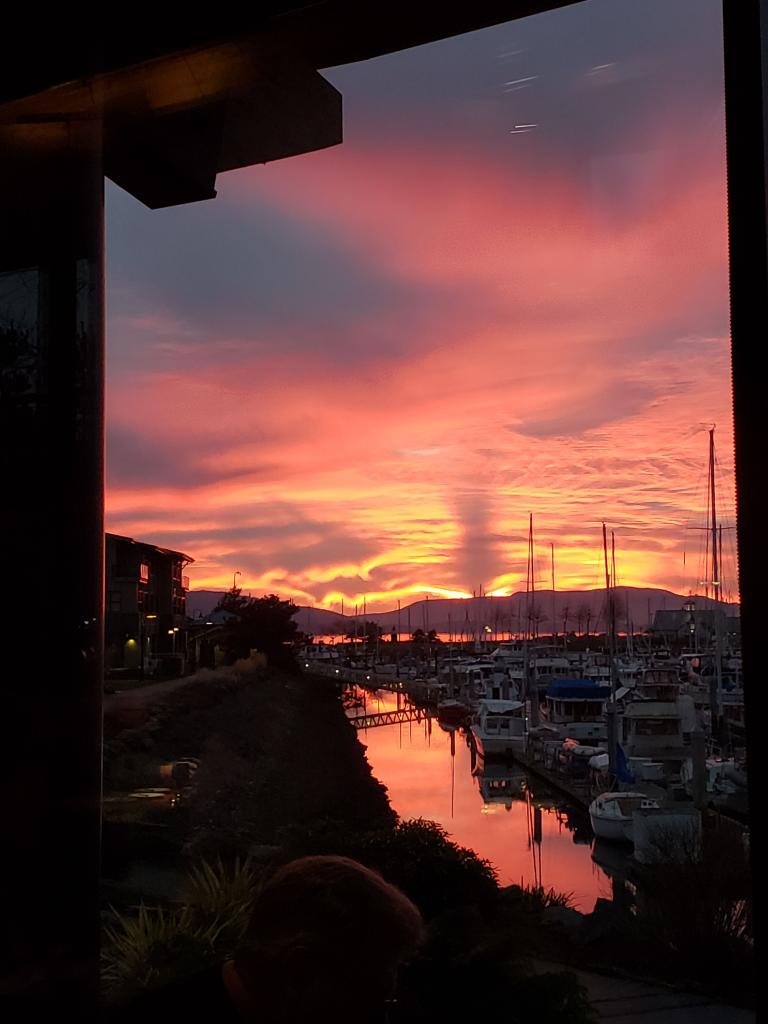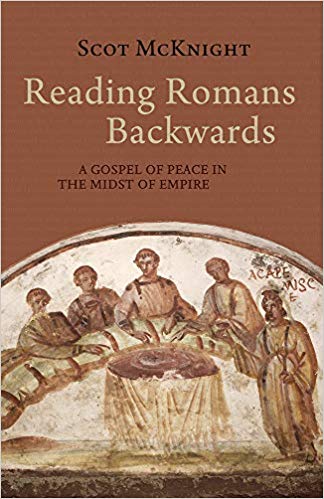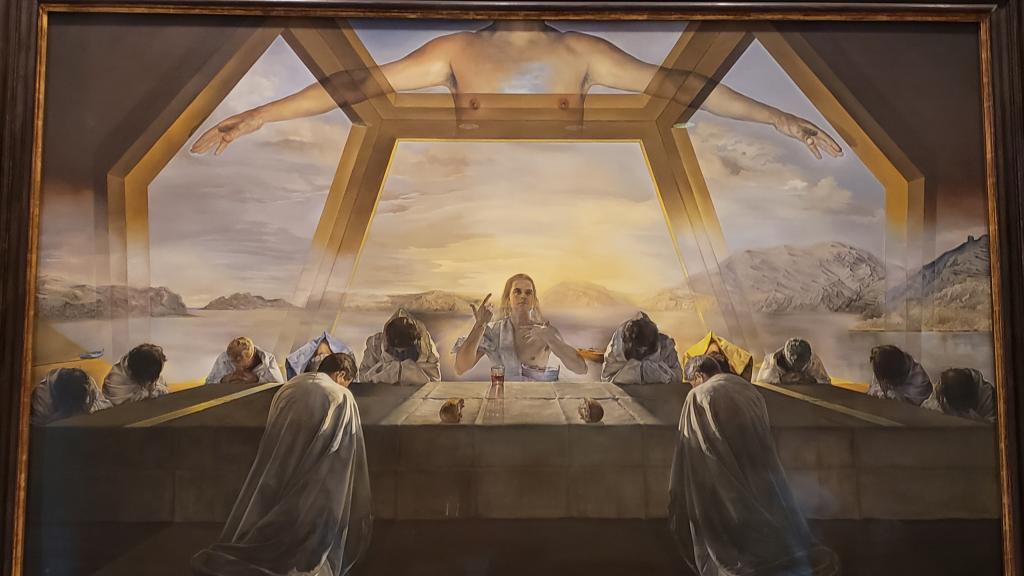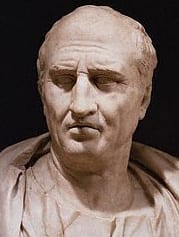FALL FORWARD The weak autumn sun Not warming the air, Climbed up the sky, Not seeming to try. Ascendancy now In the hands of the wind That would dictate the day That would blow things away. The leaves had surrendered And swirled to the ground Not clinging to trees, Obeying the breeze. The grass was all frosted Like icing on cake Which crumbled when crushed Which gave up and hushed. Perhaps Nature’s memory Stored up of Spring Allowed it to... Read more












